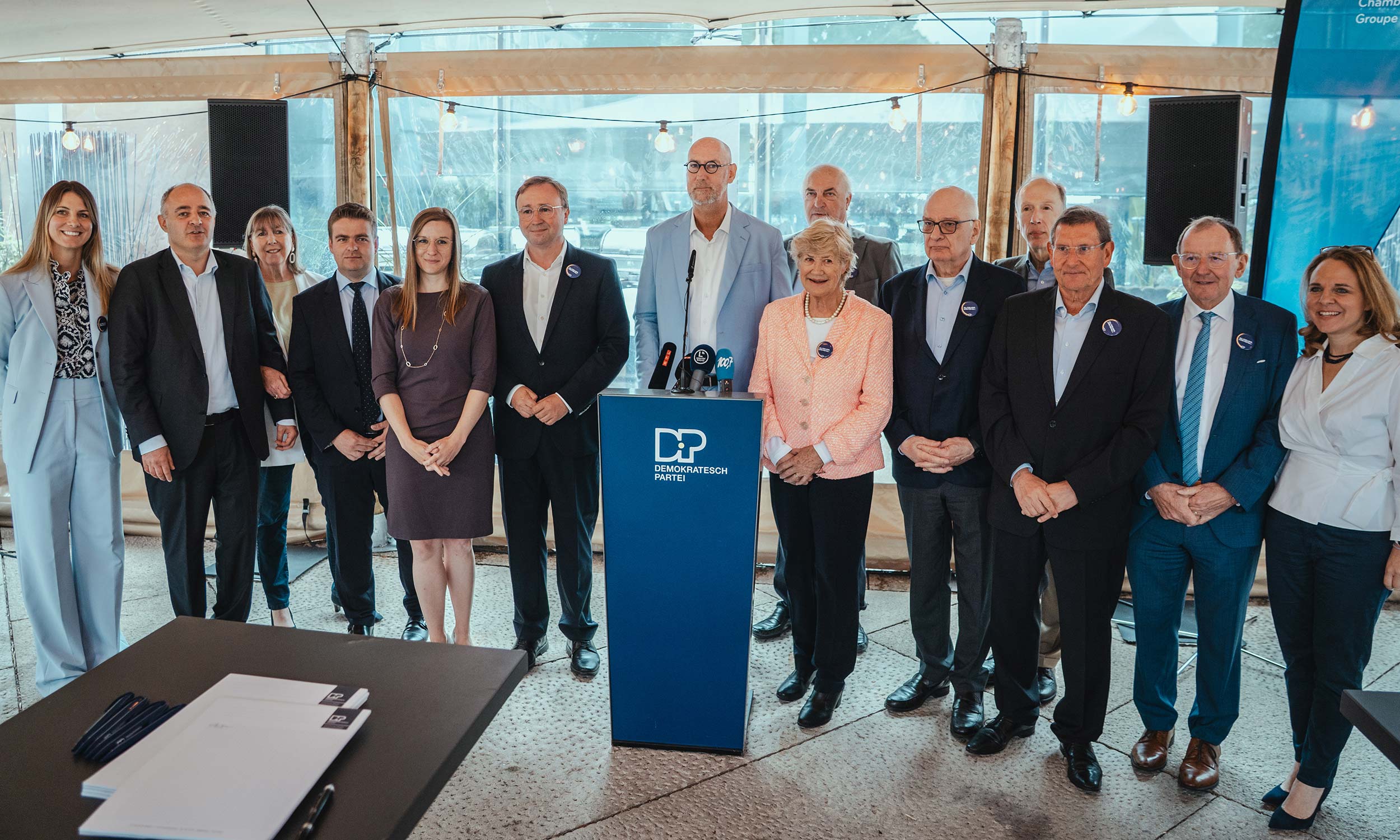At first, nobody could really tell how the pandemic would affect our national economy. Today we know that Luxembourg is getting through the crisis fairly well compared to other countries. Even if the crisis might leave some financial scars, the national debt is expected to remain below 30% of our GDP. This is good news, meaning that Luxembourg will continue to be a model student when it comes to the evolution of public deficit and debt in the European Union.
In times of crisis, however, some people reflexively hunt for scapegoats. In other words, they try to find individuals or companies who would (economically) benefit from a crisis. It is therefore not surprising that some politicians want to tax these people with an additional ‘Covid-19 tax’.
Apart from the fact that a tax increase would be extremely counterproductive right now, as it curbs consumption and negatively impacts the labour market, it would be impossible to define the winners of the crisis in the first place. Besides, our tax system already provides for unexpected or exceptional gains to be taxed, so what would be the point of an additional ‘Covid-19 tax’?
In fact, such a tax would mainly punish individuals and companies who reacted quickly and flexibly to the crisis. For example, firms that adjusted their business models in a way to provide goods and services that were urgently needed during the crisis.
These include protective masks and disinfectants, but also logistics services that brought essential goods to Luxembourg from abroad.
Would it be fair to increase taxes on exactly those people who tried to find solutions for the greater good without ever complaining about the many business risks this might entail?
Luxembourg needs creative and innovative companies. Innovation is the engine of our economy, the driving force of every sector.
A ‘Covid-19 tax’ would neither be fiscally feasible nor make economic sense.
Therefore, this is clearly a pseudo-discussion.






